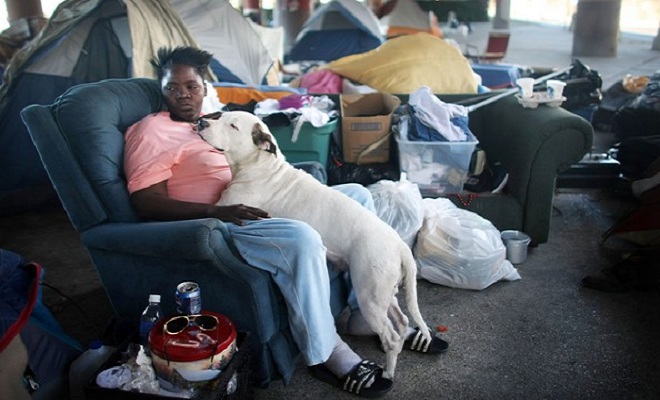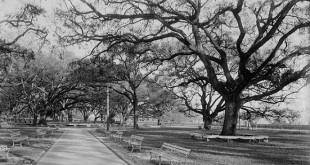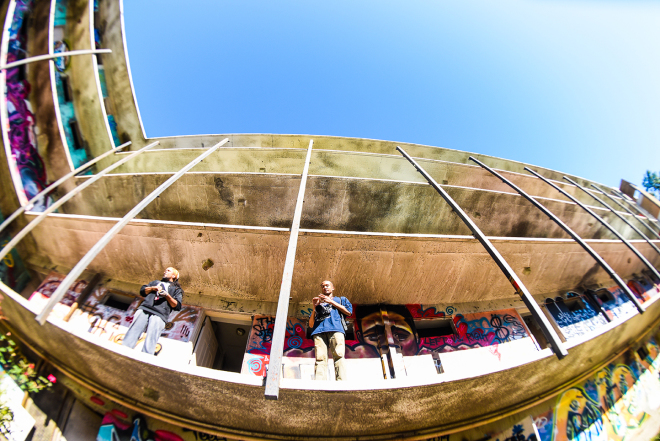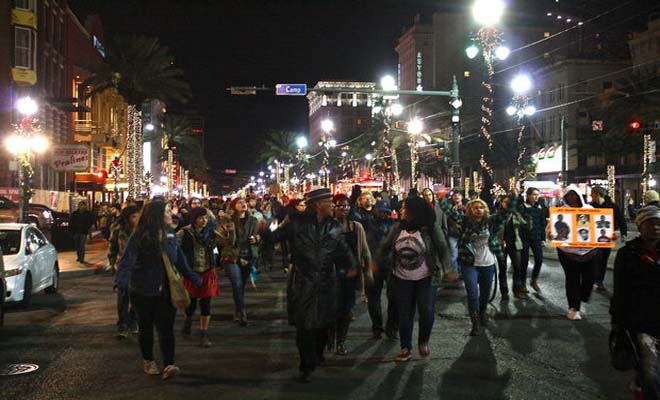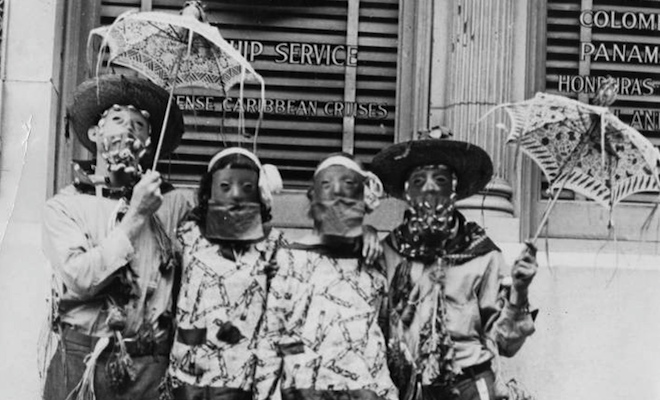City Council Considers Ordinance Banning Public Encampment
While a new civil code amendment will prohibit tents, dining room tables, mattresses, and other household items from existing in any public place or right-of-way, New Orleans legislators assure that no changes will be made to laws regarding parades and tailgating.

New Orleans City Council members voted last week to defer action on a public ordinance which aims to deter the establishment of homeless encampments by prohibiting the obstruction of public rights-of-way. The ordinance, which follows the recent forced evacuation of a large encampment under the Pontchartrain Expressway overpass, “will not solve the problem of homelessness,” Councilwoman LaToya Cantrell said at the meeting, “nor is it intended to.” The ordinance, she assured, is to ensure standards of public health and safety.
The city has tried to relocate the homeless encampments in previous years and offered homeless shelters and missions assistance in housing this misplaced people. However, the camps return and the numbers are increasing.
Language of the proposed amendment explicitly bans materials used for camping in the street but provides exceptions for small, portable sports equipment intended for outdoor use.

“You can still have your pop up tents, your folding tables, your festival chairs at Mardi Gras at Mardi Gras Indian Parades, you name it, as long as it is a permitted event,” said Lawyer Christy Harowski, an author of the proposed amendment. Fines and enforcement, too, with regards to public obstruction are to remain unchanged should the new legislation be passed in September. Citizens found to be obstructing will be summoned to hearing at municipal court after having been served a notice requesting the removal of the offending objects.
While this legislation may play out simply enough for the home owning citizen, ie. once served, the offender may remove their materials from public space and store them at home, for the homeless population that the law targets most heavily, removal and storage may prove difficult to impossible despite many shelter’s additions of storage space along with bed stay privileges. This may result in seizure of property by the City of New Orleans and law enforcement.
Authors of the amendment looked to California and the city of Chicago for legislative inspiration, and, citing their desire to ensure protection of citizens’ rights to peaceful protest, the amendment holds no restrictions aimed at crowds involved in such activities.
Speaking of the Pontchartrain Expressway overpass encampment,

Nearly three weeks since the Public Health Advisory notice was served to an estimated 140 people in the encampment, the overpass remains empty near St. Charles as the City issued a mandate against parking in the area as well. Closer to the river, however, where a significant number of people outside of shelter care have moved, health concerns remain prevalent with neighbors experiencing an increase in rodent activity with the arrival of the new encampment.
Language in the new ordinance defines tents and household items not intended for outdoor use as de facto obstructions, whether they obstruct public passage or not, ensuring with its approval the illegality of any future encampments, including the new settlement near Camp St.
The question remains. Where will they go? While the streets are cleared and made available for parties and fetes, many New Orleanians will remain homeless and in need.
What do you think of this legislation? Tell us in our Comments Section.
